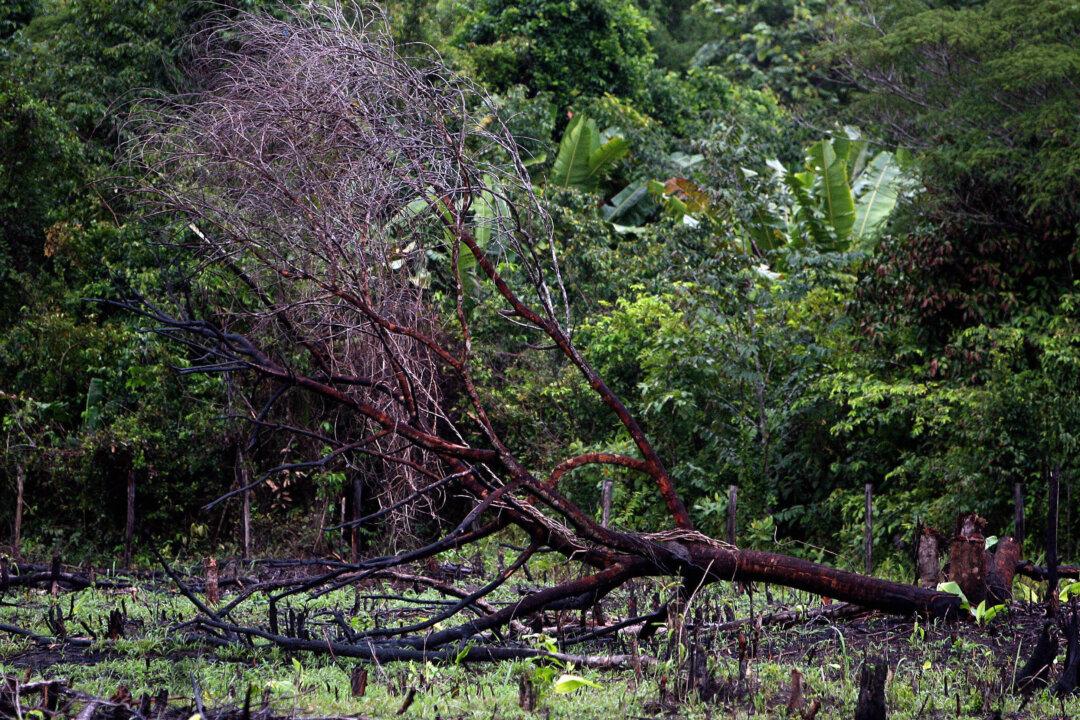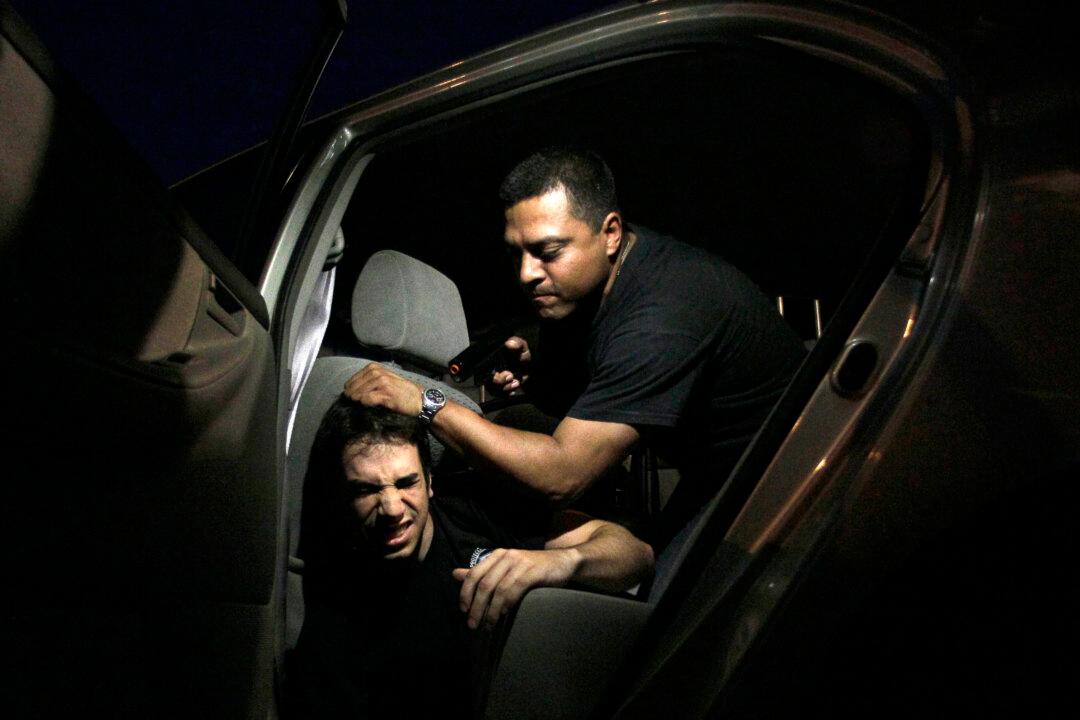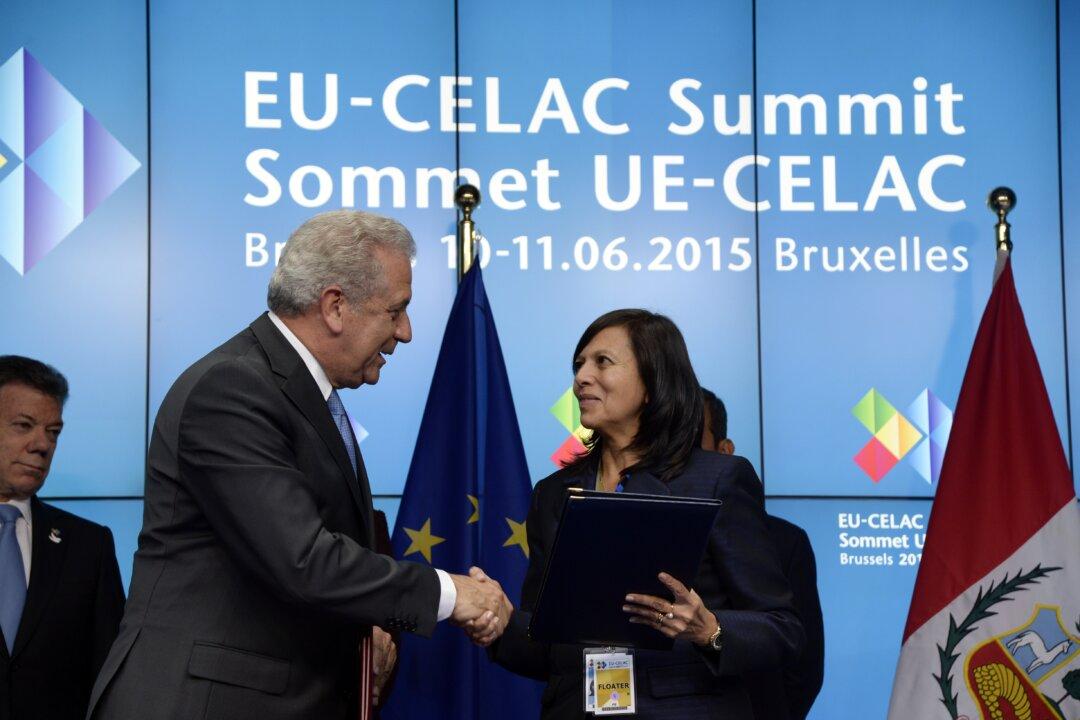A new measure approved by the Brazilian Senate on June 4 could affect the future of the Amazon.
Measure 458/09 would regulate and privatize 67 million acres of Amazonian land that is currently owned by the state. The land is worth $35 billion, according to Greenpeace. However, because of the biological diversity of the land and its impact on the ecological balance of the planet, its actual value is immeasurable.
The measure passed with about only half the members of the Senate present. One opponent of the measure, Senator Marina Silva, tried to clarify the distortions in the text of the measure.
According to a letter Senator Silva wrote to Brazilian President Luíz Inácio “Lula” da Silva, “The objectives to establish rights, to promote justice and social integration, increase governmental management, and fight criminality,” were perverted.
Silva also objected to the gaps in the measure that give amnesty to those who criminally appropriated large portions of public lands, and now benefit from policies in the federal constitution that were intended to safeguard the rights of posseiros [peasant squatters].
Critics have a long list of objections to the measure. For example, one provision exempts properties of less than 400 acres from the need to be inspected for regulation, opening the door to fraud on those lands.
The measure also makes it possible for private companies to own Amazonian land. But the internationalization of the Amazon to transnational companies, largely responsible for deforestation through burning and logging, would also enhance and accelerate the rain forest’s destruction.
Sentiments in Senator Silva’s speech in the federal Senate are being echoed by many Brazilians through blogs and petitions that oppose the measure. Many people are asking why the measure is being rushed and who is benefiting from privatizing Amazonian public lands.
According to the Comissão Pastoral da Terra, which conducts research on land issues, between 1999 and 2008 there were 253 assassinations and 5,384 armed conflicts over land disputes in the Amazon, affecting 2.7 million people.
The final decision lies in the hands of President Lula. Critics hope he will prevent further damage to the Amazon by either modifying the measure or preventing it from taking effect.


